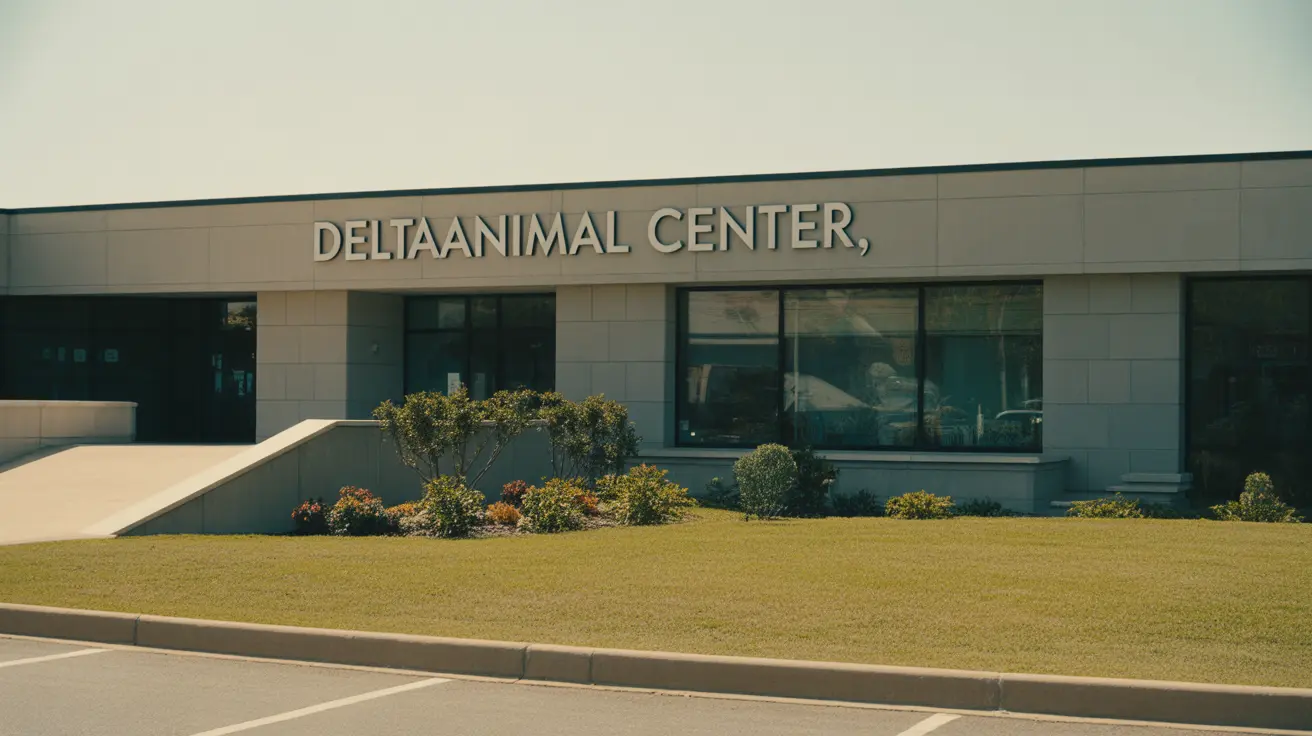Can Dogs Eat Tomatoes? What Every Pet Owner Should Know
Tomatoes are a staple in many households—used in salads, sauces, and countless dishes. But when it comes to sharing a bite with your furry friend, pet owners often wonder: can dogs eat tomatoes? While some fruits like pineapple are confirmed as safe when served properly, the matter of tomatoes requires special consideration.
Understanding Tomatoes and Canine Safety
Tomatoes come from the nightshade family, which includes plants known to produce toxins harmful to both humans and animals. The primary concern with tomatoes is a compound called
solanine, found in the plant’s stems, leaves, and unripe fruit.
Solanine toxicity in dogs is rare but can occur if a dog consumes significant amounts of green, unripe tomatoes or the plant itself. Symptoms of solanine poisoning include:
- Lethargy
- Confusion
- Weakness
- Vomiting and diarrhea
- Dilated pupils
- Slowed heart rate
If you suspect your dog has ingested any part of the tomato plant or an unripe tomato and exhibits these symptoms, seek veterinary care immediately.
Are Ripe Tomatoes Safe for Dogs?
Yes—in small amounts,
ripe, red tomatoes can be safe for most dogs. When fully ripened, the solanine levels drop significantly, making them generally non-toxic. That said, tomatoes should never replace a balanced canine diet and must only be given as an occasional treat.
Health Benefits of Ripe Tomatoes
Ripe tomatoes contain several nutrients that can support your dog’s health, including:
- Vitamin C – boosts immunity
- Vitamin A – supports vision and immune function
- Potassium – helps regulate fluid balance and muscle function
- Antioxidants – such as lycopene, which may reduce inflammation
However, these benefits do not outweigh the risks if consumed excessively or improperly.
How to Safely Offer Tomatoes to Your Dog
To minimize any risk, follow these precautions:
- Only offer ripe, red tomatoes—never green tomatoes or any part of the plant.
- Wash thoroughly to remove pesticides or contaminants.
- Remove stems and leaves.
- Cut into small, bite-sized pieces to prevent choking.
- Serve plain without any seasoning, especially garlic or onion, which are toxic to dogs.
Tomatoes and Dogs with Special Health Considerations
If your dog has a sensitive stomach, gastrointestinal issues, or a history of food allergies, it's best to avoid feeding tomatoes altogether. While they’re not inherently harmful, even healthy fruits can sometimes cause:
- Stomach upset
- Gas
- Soft stool or minor diarrhea
Monitor your dog after introducing any new food, including tomatoes. Discontinue feeding if there are any signs of digestive irritation or allergic reaction.
What About Processed Tomato Products?
Avoid giving your dog any tomato-based sauces or processed foods. These often contain added sugars, salt, onions, garlic, and other ingredients that are toxic to dogs. Items to avoid include:
- Tomato sauce or pasta sauce
- Tomato soup
- Ketchup
- Pizza or condiments with tomato inclusions
Alternatives to Tomatoes
If you're looking for safe, dog-friendly alternatives with similar nutritional benefits, consider the following fruits and vegetables:
- Carrots – crunchy, low-calorie, and good for skin and eyes
- Blueberries – rich in antioxidants
- Pumpkin – excellent for digestion
- Cucumber – hydrating and low in calories
- Apples – high in fiber (remove seeds and core)
Moderation Is Key
Just like pineapple—which provides fiber, vitamins, and digestive enzymes but must be given in moderation—tomatoes too should be a small part of your dog’s treat intake. Treats, including fruits and vegetables, should comprise no more than
10% of a dog’s daily caloric intake.
Final Thoughts
Yes, dogs can eat ripe tomatoes occasionally in small amounts. It’s crucial to offer them safely and be attentive to any adverse responses. When in doubt, consult your veterinarian to determine if tomatoes are suitable for your specific dog.
To recap:
- Ripe tomatoes are safe in small amounts.
- Avoid stems, leaves, unripe tomatoes, and any processed products.
- Monitor for signs of discomfort or allergic reaction.
- Introduce slowly, like with any new food.
Always prioritize a well-balanced, species-appropriate diet. When used cautiously and properly prepared, tomatoes can be an occasional, healthy treat for your dog.





